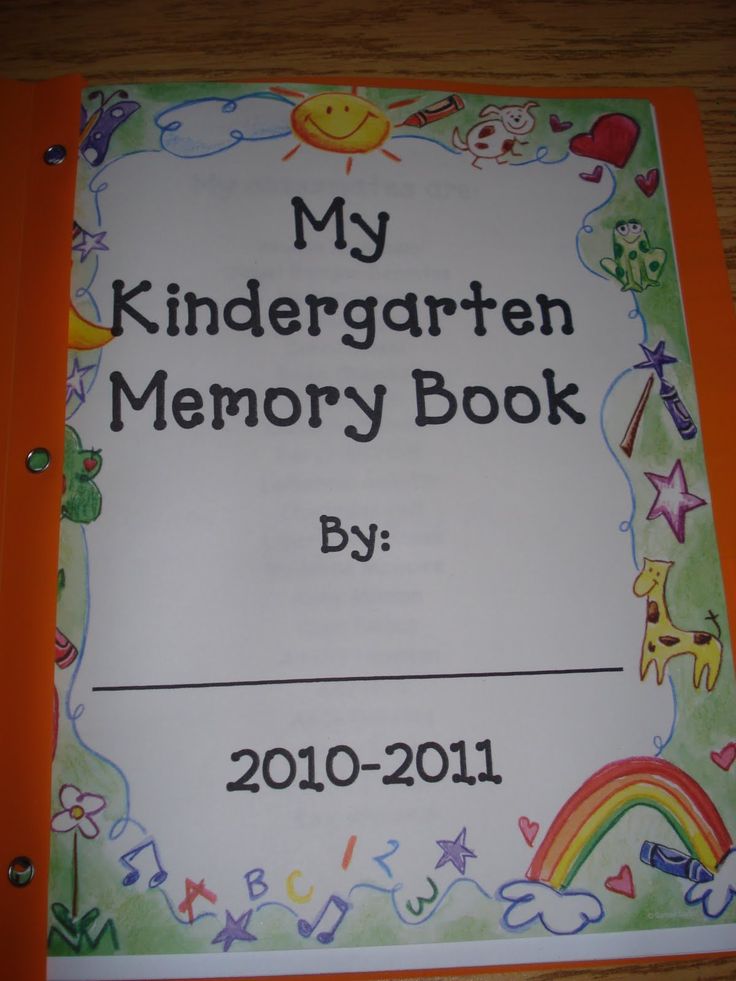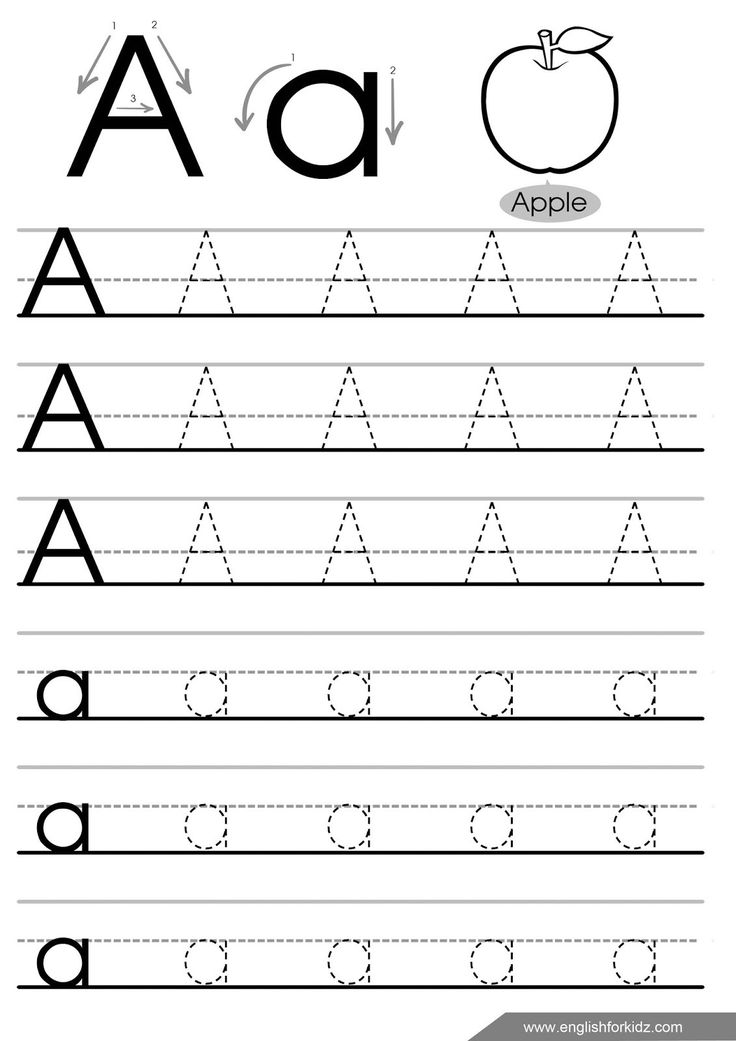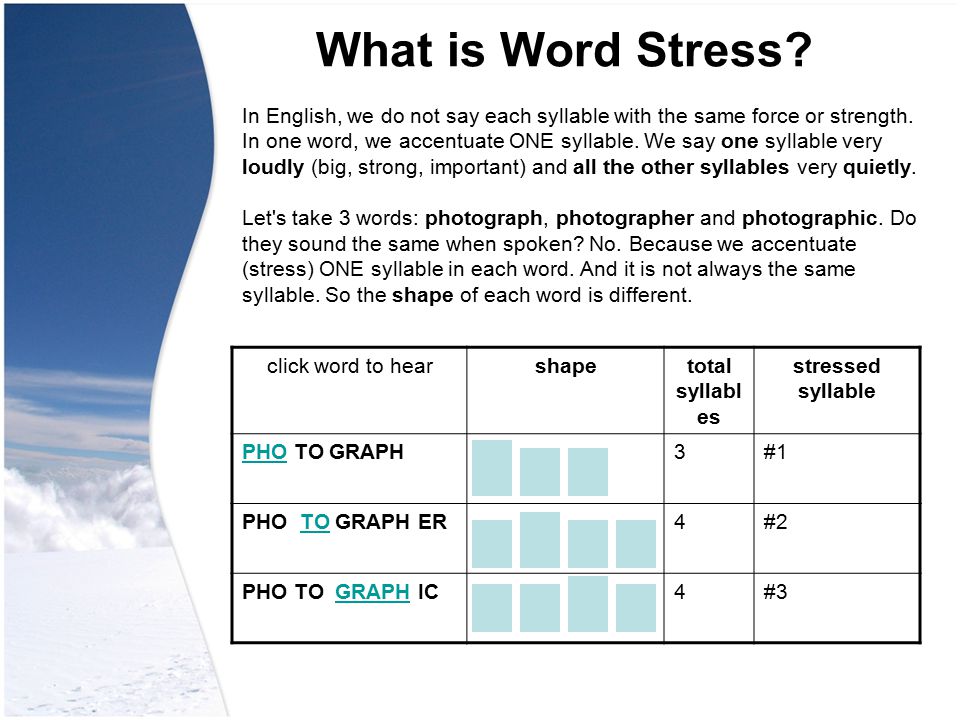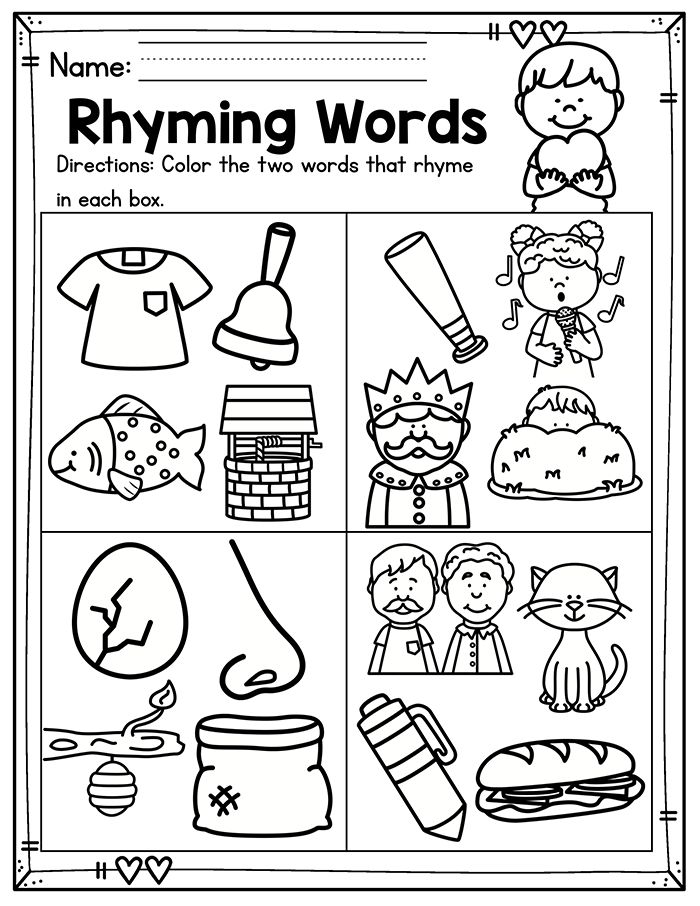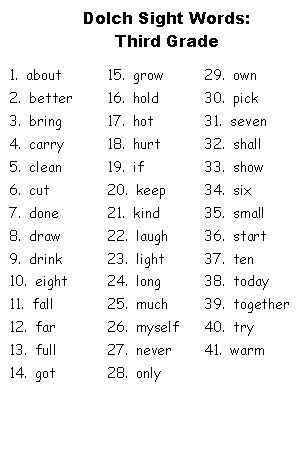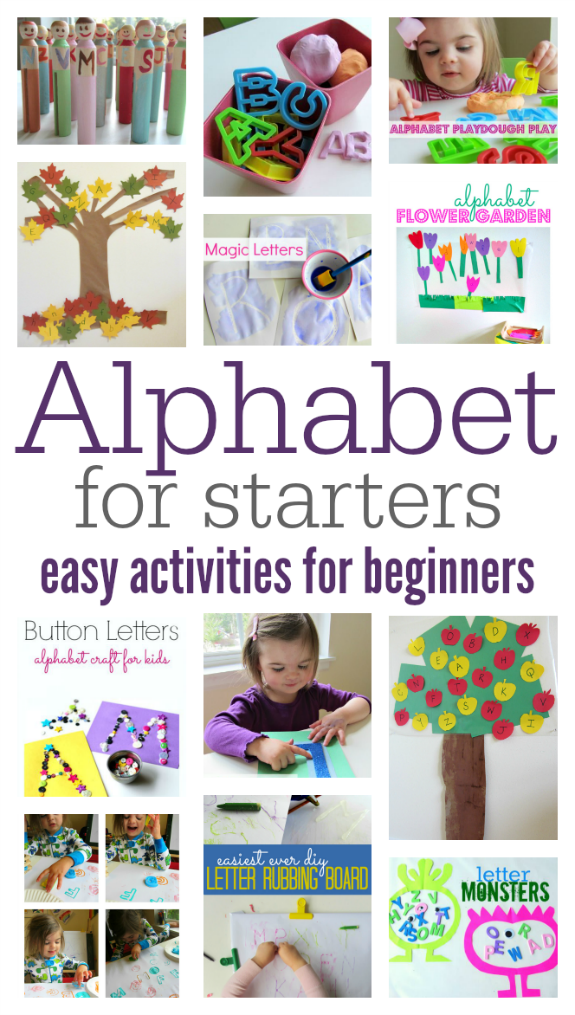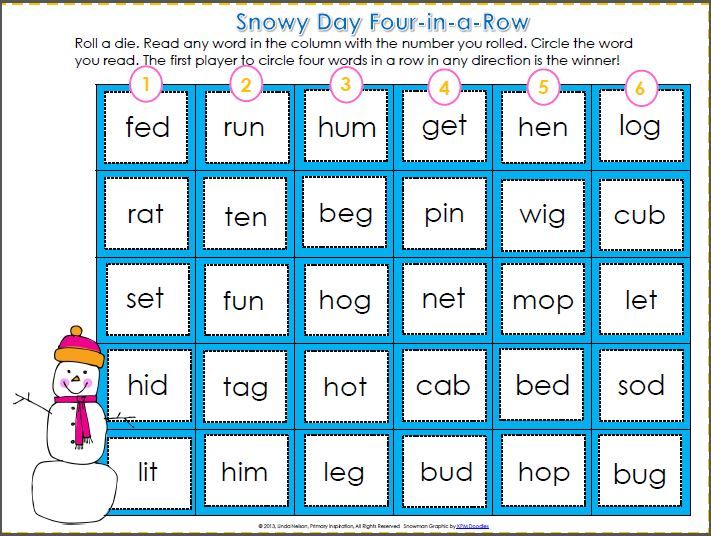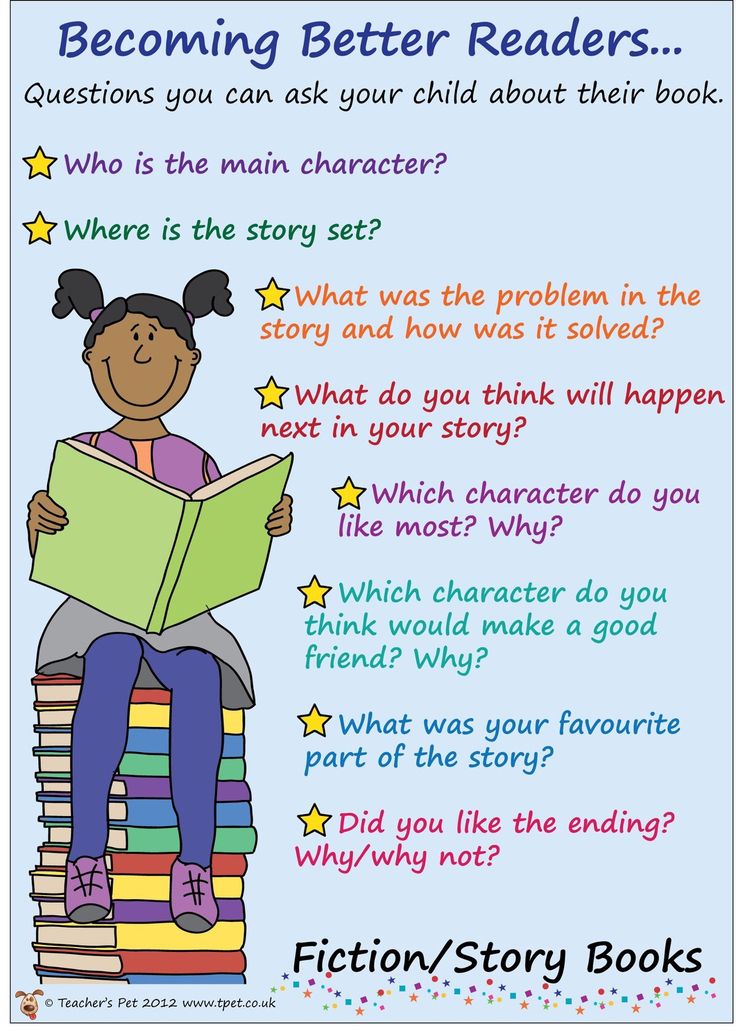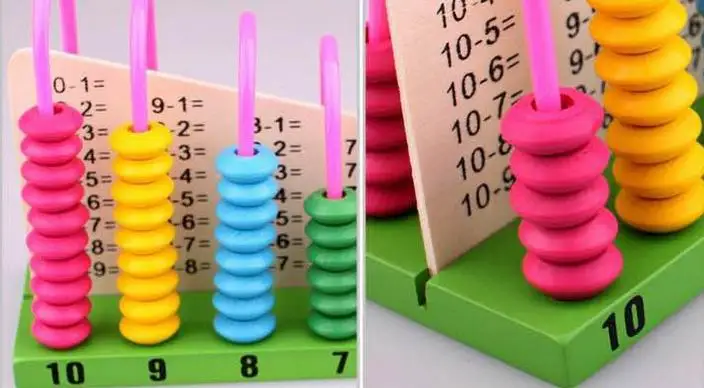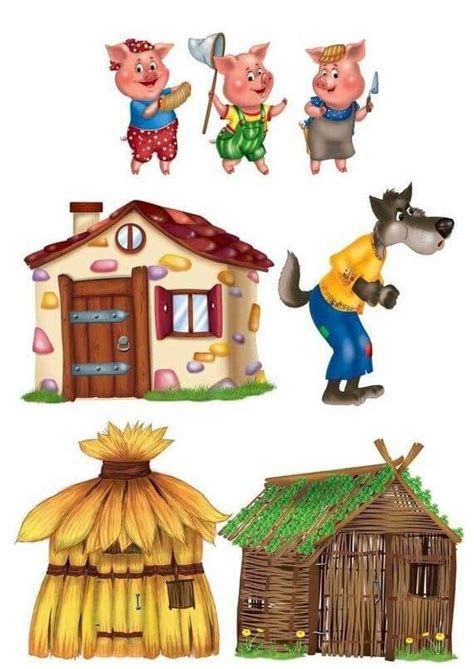Teaching kindergarten book
Professional Development Books for Kindergarten Teachers
I love to keep an Amazon wishlist throughout the year of professional development books I hear other teachers recommend. I try to read at least one book during the summer when I have the time to sit down with some coffee and really soak in the new knowledge.
I usually try to pick an area of my teaching that I want to improve on and look for books that will give me new ideas and challenge my thinking in that subject. Below you will find a list of some of my favorite reads over the years. If you’re looking to grow over the summer, this is the place to start!
Subject Based Books
The Next Step Forward in Guided Reading – Basically the bible of guided reading. Everything is laid out in clear and easy steps. It’s a must-read for all kindergarten teachers!
Making Sense of Phonics – As kindergarten teachers, we are knee-deep in phonics skills on a daily basis. Even if you’ve been teaching for a while, this book provides a deep dive into why we teach phonics the way we do. It also has some great phonics lists in the back of the book that are perfect for things like word ladders and guided reading sorts.
Reading Magic – If you are thinking of redesigning your classroom library, this is the book for you. It’s all about helping students develop a love of reading and letting them do so naturally. I’ve actually lent this book to a few parents who were overly stressed about their child becoming a perfect reader in kindergarten.
Math Work Stations – Looking to make the switch to guided math centers instead of whole group instruction? This book will give you some great ideas for centers that don’t cost a lot of money, but intentionally grow your students’ number sense.
Number Talks – Common Core standards in kindergarten expect students to develop a deep knowledge of numbers and how they are represented. In kindergarten, we develop a firm base that teachers in other grades can help build upon. This book gives ideas for daily number talks that can assist you in developing those skills.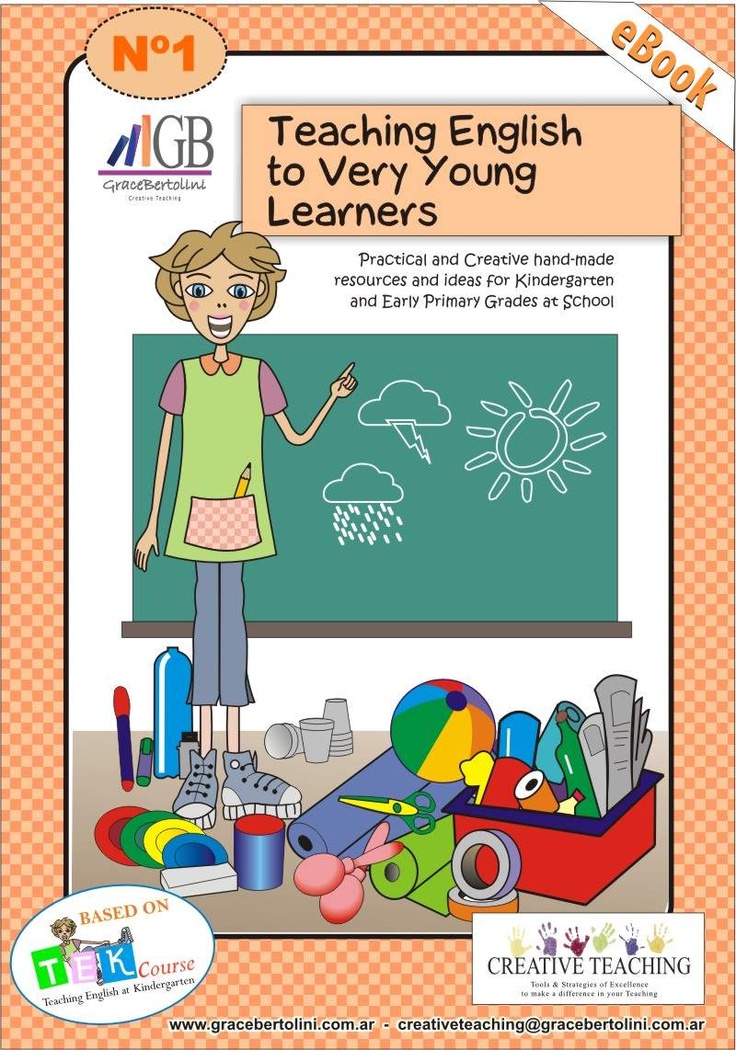
Behavior Books
How to Talk So Little Kids Will Listen – This book gives practical solutions to common behavior issues. It is written with parents in mind, but teachers of young children can definitely benefit as well!
The Whole-Brain Child – This book helps you to understand the development stages of each child. It explains how you can nurture healthy brain development. Essential for kindergarten teachers as our students can’t always clearly express how they’re feeling or what caused certain reactions.
No-Drama Discipline – Written by the same authors as The Whole-Brain Child, this book delves into how to set up a discipline strategy with whole-brain teaching in mind.
Kids 1st From Day 1 – The focus of this book is building relationships with your students and connecting with them on the very first day of school. It gives practical classroom design and routine suggestions to help you get there!
Grit – Grit is a fantastic book to read not just for teaching strategies, but also for personal growth.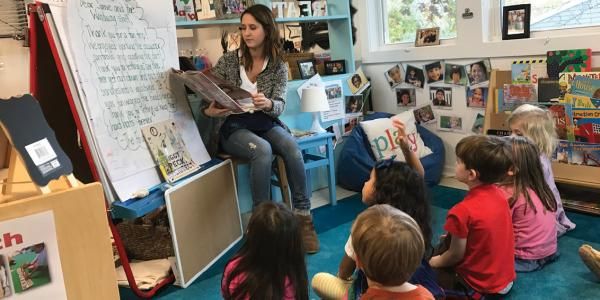 I think what I gained most from this book was how to talk to my students about the benefits of perseverance. The author also has a great TED Talk if you are interested in watching it.
I think what I gained most from this book was how to talk to my students about the benefits of perseverance. The author also has a great TED Talk if you are interested in watching it.
Mindset: The New Psychology of Success – Like Grit, this book is also fantastic for personal growth. It definitely changed the way I spoke to students about their successes and failures. If you want to incorporate a growth mindset in your class, this is the book to read!
Classroom Organization Books
The Morning Meeting Book – Simple strategies to make the most out of your morning meetings. If you are looking to revamp this time in your schedule, start here!
Doing Language Arts in Morning Meeting – Clear and simple ideas to increase language arts learning during your morning meetings. They also have math and science versions of this book!
The First Six Weeks of School – Perfect for 1st-year teachers or veteran teachers who are changing grades. This book gives a lot of practical advice on how to structure your days at the beginning of the year and how to teach routines that will last.
Choice Time – This is the book I am currently reading! I feel like we’re beginning to see a swing back to play-based centers that are obviously more developmentally appropriate. This book gives some great ideas for exploratory centers that also hit all the standards!
Purposeful Play – Much like Choice Time, this book focuses on letting children explore and learn through play. Both of these books give great reasoning as to why this should be the norm in kindergarten, and how you can explain that to admin!
Diving Into the Science of Reading
If you are just starting to look into the science of reading and want some practical advice about how you can transition reading instruction in your classroom you should check out the following books.
Shifting the Balance – This book is a great place to start if you want to see how balanced literacy can be shifted into the science of reading. This book makes the science of reading seem less daunting!
How to Plan Differentiated Reading Instruction – Looking to change up your small group reading instruction to align with the science of reading? This is the book for you!
Equipped for Reading Success – This book dives a little deeper into orthographic mapping. It gives you quick strategies to help grow your student’s phonemic awareness.
It gives you quick strategies to help grow your student’s phonemic awareness.
School Leader Books
Before I became the vice-principal at my school, the position was always filled by middle school teachers. (I worked in a Pre-K-8 school) There is obviously value in having administrators in the upper grades. It’s also imperative to have leaders in the lower grades where the basic foundation of learning is taught!
By the time students were in 8th grade I had already had almost a decade-long relationship with some of them and that was invaluable in so many ways!
These books are great for administration, hosting a student teacher, or if you are just interested in being a valuable asset to your team. These books will help you gain a campus-wide perspective that can help move your school forward.
Move Your Bus – Not every teacher is a go-getter, but that doesn’t mean they’re not valuable. This book gives ideas on how to get the most out of all your teachers. Regardless of their level of passion or drive.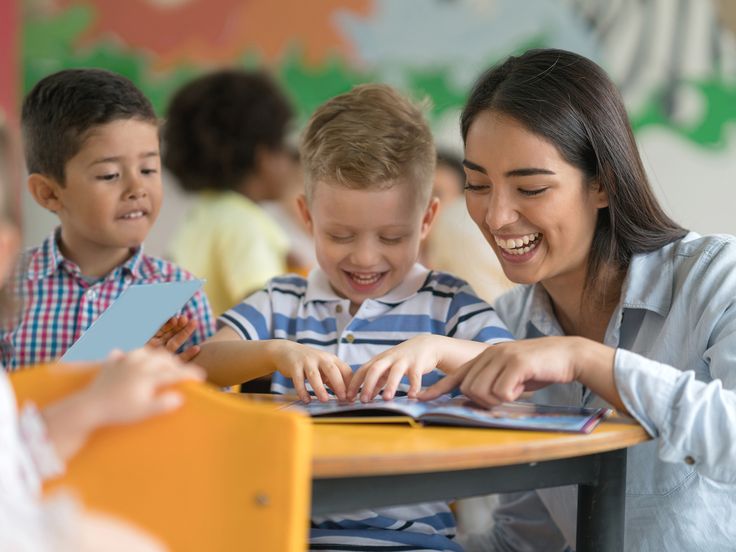
The Art of Coaching – This book is wonderful for anyone who coaches their peers or has a student-teacher. I would presume that most of us aren’t great at giving feedback, especially if it’s negative. This book helps you to improve your feedback and communication skills to help those around you grow.
The Book Whisperer – This book has many great ideas for building a love of reading, all grades should read it together. It brings up a lot of great points about how an entire campus can work together to instill a love of reading. (while increasing reading skills and scores at the same time)
Alright, that’s the end of my long list. I told you I like to read professional development books! LOL Do you have any book recommendations for me? I always love learning about new must-read resources! If you have any thoughts please leave them in the comments below!
Top 11 Recommended Kindergarten Professional Development Books – KindergartenWorks
By Leslie Simpson · About 4 minutes to read this article.![]()
Get the good recommendations for kindergarten professional development books to read over the summer from fellow Kindergarten teachers. Here is a list of the top books read by other K teachers that they recommend for topics on early literacy and classroom culture.
These fantastic recommendations came from our fantastic network of kindergarten teachers on facebook. Fellow teachers make us laugh, teach us new tricks and are amazing resources of knowledge.
Top Kindergarten Professional Development Books
We often find ourselves choosing our own PD books to read over the summer since we each identify areas we want to improve. It just goes to show that we're never really "off for the summer." While this may not apply every year, it can be invigorating and give you a mental boost that'll last {{almost}} an entire school year.
While I personally haven't read all of the books on this list, I'll do my best to share why others recommended it.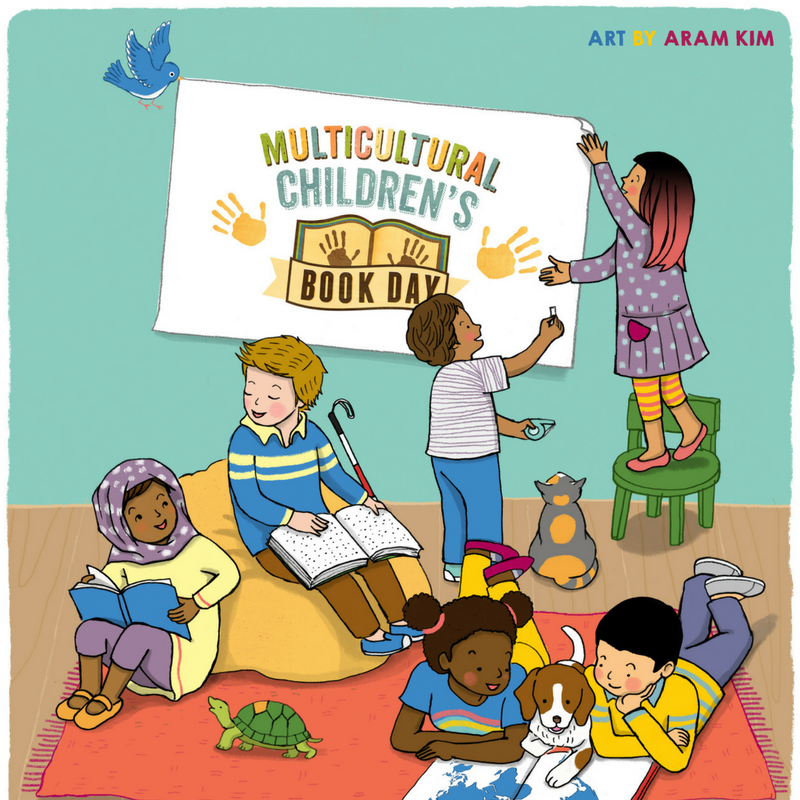 These are affiliate links so you can check them out!
These are affiliate links so you can check them out!
1. I Am Reading - Stay grounded in teaching what matters to young readers and setting them up for success.
I'm loving it...it's validation of high quality authentic early literacy is great!!! - Jill
2. Conscious Discipline - Transform social-emotional skills, school climate and the home/school connection.
It was a complete game-changer for my classroom management style and was incredibly eye-opening. - Colleen
3. Yardsticks: Children in the Classroom Ages 4-14 - A must read if you're changing grade levels and really don't know what to expect. Connect with your students better so they can succeed.
Yardsticks is a great developmental book. It's describes in detail the various areas of development the kids experience in school at their developmental level. I used it in my college class to my undergrads - it's helpful. - Dave
4.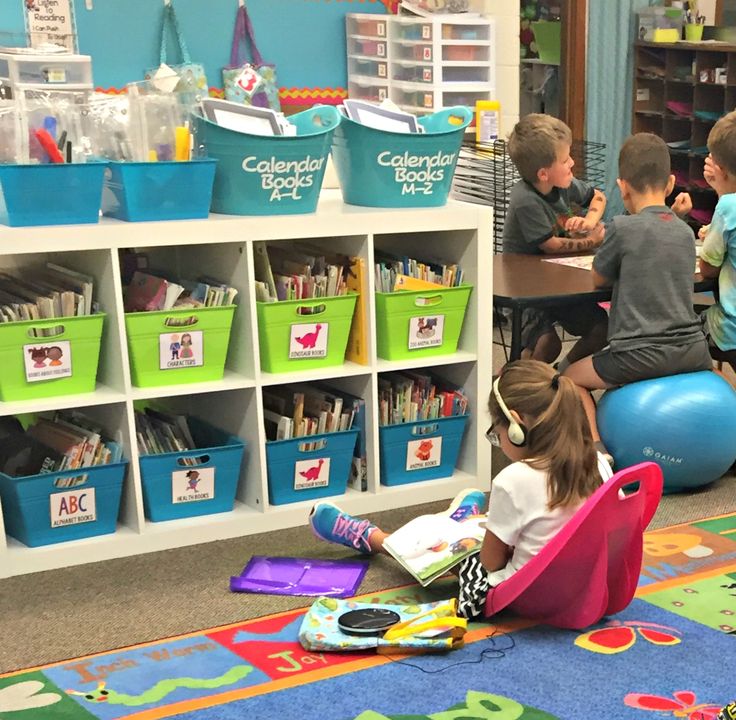 The Literate Kindergarten: Where Wonder and Discovery Thrive - How to teach kindergarten in an age-appropriate way without sacrificing the joy and beauty of kindergarten. Does this sound a little like what I do here on KindergartenWorks... or what? {wink}
The Literate Kindergarten: Where Wonder and Discovery Thrive - How to teach kindergarten in an age-appropriate way without sacrificing the joy and beauty of kindergarten. Does this sound a little like what I do here on KindergartenWorks... or what? {wink}
5. Teaching With Intention: Defininf Beliefs, Aligning Practice, Taking Action - Buck the scripted programs {{heck yes}} by teaching yourself how to think and make the most out of every new school year. If you ever wanted proof to show your principal that it's okay to stray from the scripted curriculum, this is the book to pick up and show them!
6. Kindergarten and the Common Core: It's as Easy as ABC - If you're getting your feet wet with the Common Core then this set of organizers, checklists and lessons might just be what you were looking for.
7. The 7 Habits of Happy Kids - Because teaching kinders how to be successful matters. You'll love using this with your own children too.
8. The Read Aloud Handbook - THE way to use read alouds to build up young readers to love reading for life.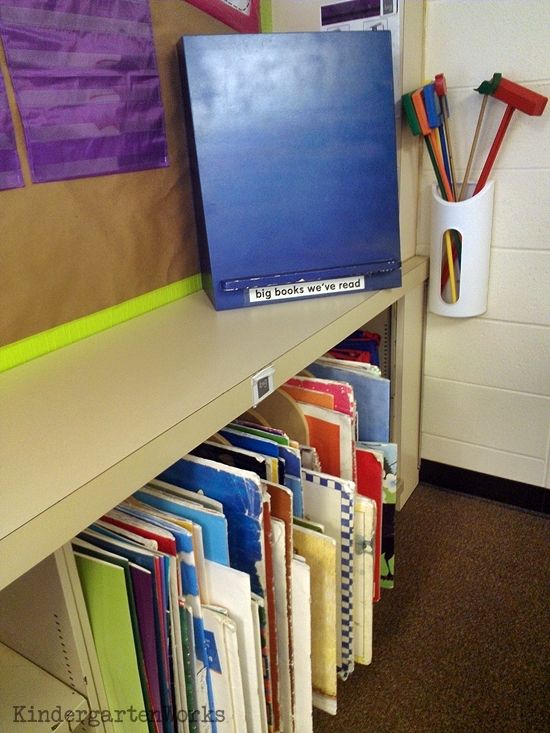
I like the encouragement he gives to parents for reading aloud to children of all ages. He tells how important reading aloud is to success in learning to read . He gives great reading lists by age groups. - Pam
9. Sharing the Blue Crayon: How to Integrate Social, Emotional and Literacy Learning - Simple ways to intertwine the all important skills kinders need... that in turn help make the classroom run smoother.
10. Growing Readers: Units of Study in the Primary Classroom - How to plan independent reading workshops. So ideal to use with accelerated readers, gifted and talented students too!
11. Catching Readers Before They Fall: Supporting Readers Who Struggle - Learn how to work with struggling readers in any context.
There you have the list of the 11 top recommended books by other kindergarten teachers. I hope that you can find something to help propel you forward next year. Growing yourself a little each year makes you a better teacher and a better you!
If you like what I do here on KindergartenWorks, then be sure to subscribe today. I look forward to sharing ideas with you weekly. If I missed a book you're recommend - do tell!
I look forward to sharing ideas with you weekly. If I missed a book you're recommend - do tell!
More Teacher to Teacher Recommendations
- 5 Quick Hallway Transitions {Printable}
- Leslie Recommends {Dropbox} From a Teacher’s Perspective
- 7 Free Fonts – From One Teacher to Another
This article contains affiliate links. No one asked or paid me to share these opinions or books. I just want to be real with you and let you know. {wink}
About Leslie Simpson
Leslie is the teacher behind KindergartenWorks. She believes in teaching kinders how to be pretty incredible along with teaching them to read, write and think for themselves. She enjoys drinking hot tea, making mud pies with her three kids and sharing what she's learned with teachers.
Reader Interactions
A selection of books for educators - Just Learn
As a gift for the day of the educator, which is celebrated on September 27, a selection of books on the development of preschoolers, the specifics of their learning and pedagogical methods for working with young children, from the publishing house "Educational Projects" .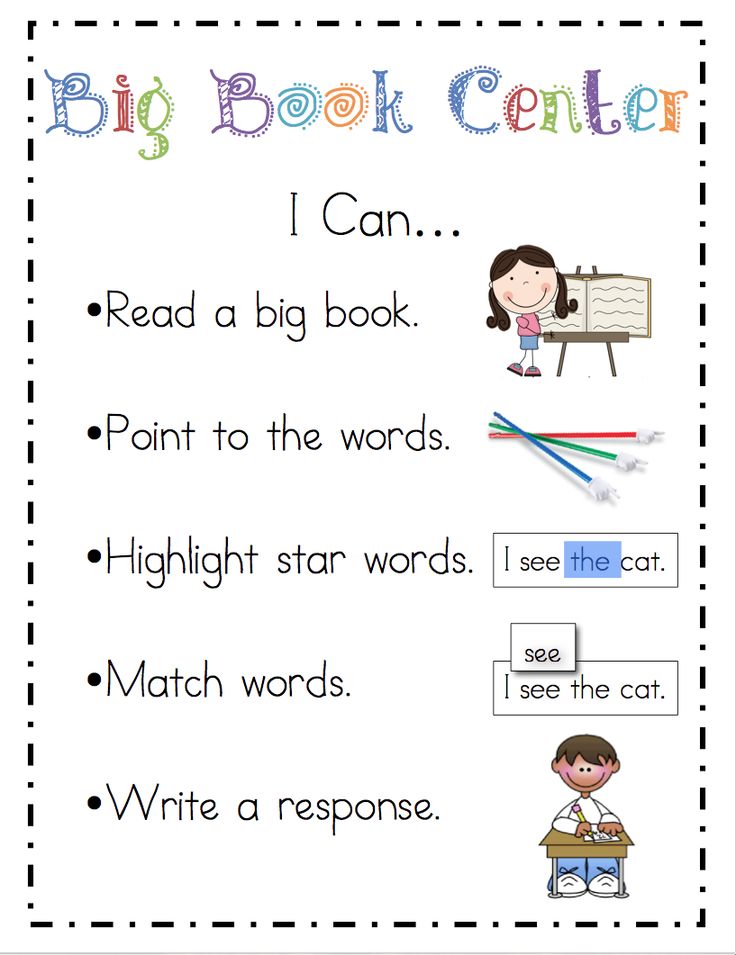
Kindergarten. Debut in Russia . A book about who, how and on what basis Russian preschool education was created.
A book about the history of preschool education and about the first kindergartens in Russia in the 19th century.
Paper version of the book
Electronic version of the book
Full title of the book: “Kindergarten. Debut in Russia. The book is about who, how and on what basis Russian preschool education was created. From the works of the founders of the Russian kindergarten and the impressions of contemporaries about the affairs of Yegor Gugel, Vladimir Odoevsky, Sophia Lugebil.
The first kindergarten in Russia was opened by Mrs. Sophia Lugebil almost 150 years ago, in 1863, in St. Petersburg, at the corner of Bolshoy Prospekt and 9th line of Vasilyevsky Island.
But thirty years earlier, in a small house in Gatchina Park, at the own expense of two young teachers for ten boys from four to six years old, a small school was opened - a school is not a school - it seems to be a school by name, however, intended not for teaching, but for giving " the right direction in the development of children's abilities.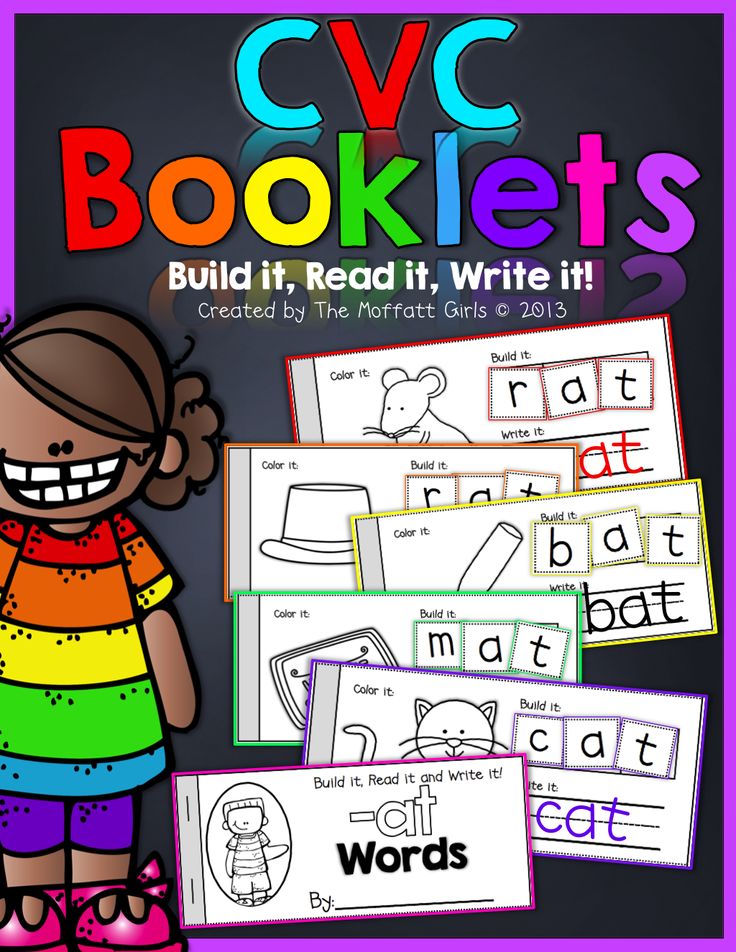
Between these two events lay an almost unknown era of amazing searches, experiments and efforts, when the foundations of Russian preschool pedagogy were laid. The cheerful wisdom of its founders allows us to see in their experiences and insights not only the origins, but also the horizons of an ideal kindergarten.
Compiled by: Rusakov A.S.
Bukatov V.M.
Handbook for educators with business explanations, unexpected hints and true stories on social and playful ways of conducting classes in senior and preparatory groups of kindergarten.
A book about socio-playing techniques and approaches that combine the achievements of theatrical and folk pedagogy.
Paper version of the book
Practice-oriented monograph by V.M. Bukatova is devoted to the key tasks of preschool education. It reveals the diverse ways of pedagogical searches for harmonious and individual for each educator combinations of traditional and innovative approaches to work.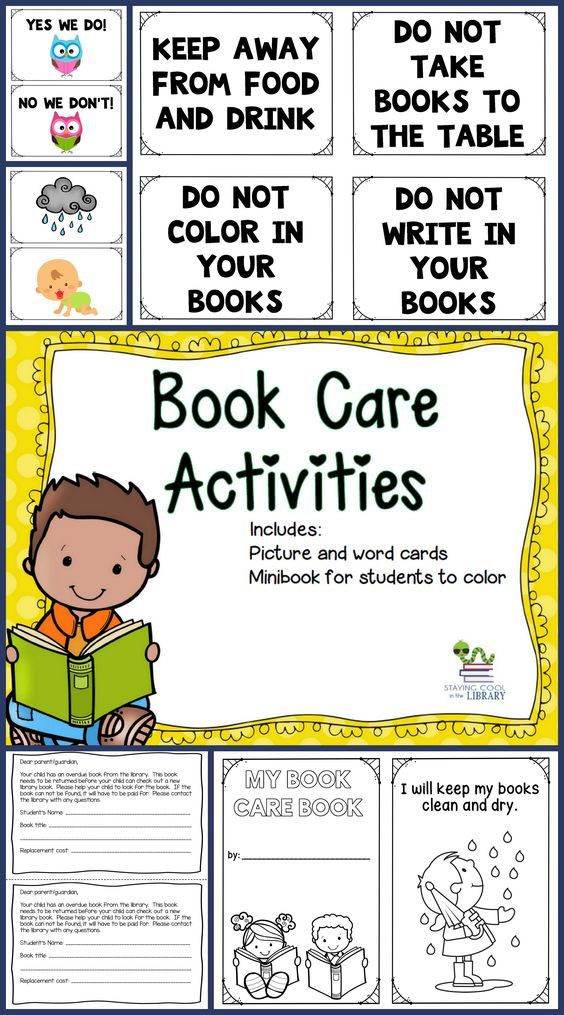
This book will help get rid of dry patterns and make the mutual joy of communication between adults and children permanent and familiar.
To revitalize classes in kindergartens, educators are offered socio-game approaches that combine the achievements of theatrical and folk pedagogy.
The book pays special attention to the topic of how each educator can find a common language with children.
Krylova N.M.
How to grow an architect of your own life, or Designing, building and directing play for preschoolers.
The book of the creator of the pedagogical system "Kindergarten - House of Joy", about the development by the child of "construction" activities and the laws of architecture from year to year, establishing cooperation between children and other aspects of the life of a preschool group.
Paper version of the book
Electronic version of the book
This book reveals the possibilities of designing and building play in the life of preschoolers - both in kindergarten and at home.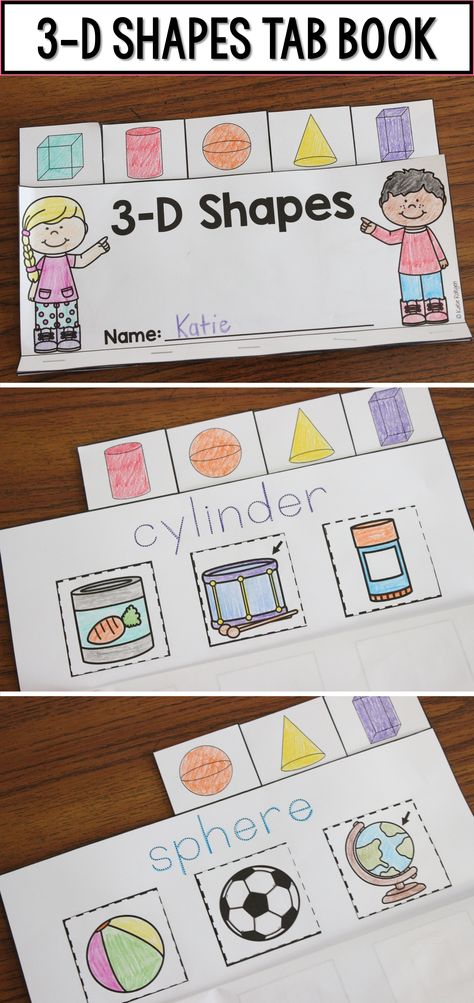 The book shows the logic of the child's practical mastering of "construction" activities and the laws of architecture from year to year. The book makes a clear connection between children's construction and many aspects of a child's life. Against the background of the chosen topic, the book tells about ways to establish cooperation between children, and about fostering a caring attitude towards others, and about the children's passion for the mysteries of nature, amazing cultural phenomena, and the patterns of interaction between people in society.
The book shows the logic of the child's practical mastering of "construction" activities and the laws of architecture from year to year. The book makes a clear connection between children's construction and many aspects of a child's life. Against the background of the chosen topic, the book tells about ways to establish cooperation between children, and about fostering a caring attitude towards others, and about the children's passion for the mysteries of nature, amazing cultural phenomena, and the patterns of interaction between people in society.
In addition to practical advice on activities with children, the book contains many tips for adults related to the art of communication and cooperation with preschoolers.
The author of the book is the creator of the original pedagogical system "Kindergarten - House of Joy", where the traditional values of preschool education for our country are combined with innovative approaches to the organization of pedagogical work.
Ivanova O.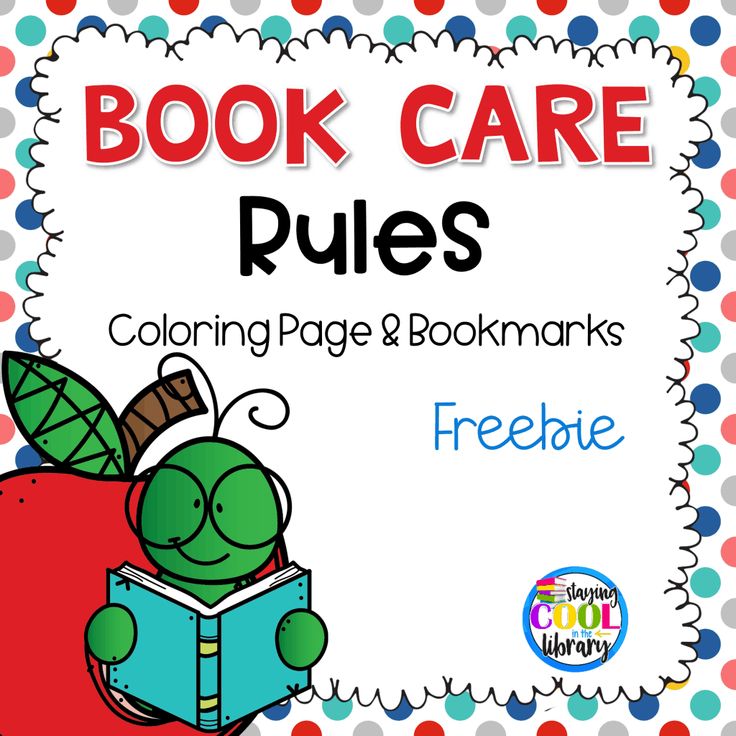 L., Vasilyeva I.I.
L., Vasilyeva I.I.
How to understand a child's drawing … which is not art, but the study of oneself and the world.
A book about the age characteristics of children's creativity with examples of activities that involve different levels of independence of the child.
Paper version of the book
Electronic version of the book
The first part of the book is devoted to a discussion of the stages through which the creativity of children naturally passes in the first five or six years of their life; and the second part - options for classes and methodological recommendations, divided into several groups depending on the degree of the author's independence of the child.
The authors of the book offer exercises for classes that allow kids to find a special solution in each case and create a unique one! and expressive image. The book shows adults how to evaluate the effectiveness of the creative efforts of preschool children not from the point of view of "correct drawing" - but from the point of view of the development of children's individuality, the ability to creatively transform the world.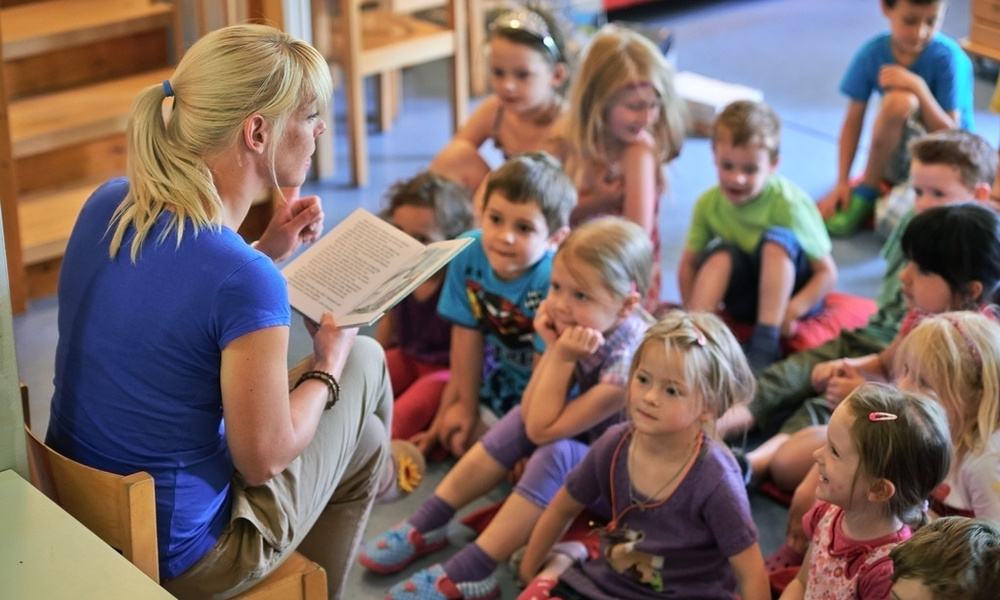
Poddyakov N. N.
Mental development and self-development of a preschool child. near and far horizons.
A book by an academician of the Russian Academy of Education about experimental and play activities, "exploratory" behavior, "clear" and "obscure" knowledge, "near" and "far" horizons of child development.
Paper version of the book
Electronic version of the book
The book in a popular science form represents an integral system of modern scientific ideas about preschool childhood, formed on the basis of domestic psychological research over the past fifty years. The author of the book, N.N. Poddyakov - Academician of the Russian Academy of Education, an outstanding Russian psychologist of preschool childhood, director of the Research Institute of Preschool Education of the Academy of Pedagogical Education of the USSR (1980-1992). The combination of fundamentality, thorough scientific validity of the author's theses and the unexpectedness, paradoxical nature of many conclusions makes this book interesting not only for preschool teachers and psychologists, but also for everyone who needs to understand the key patterns in human education.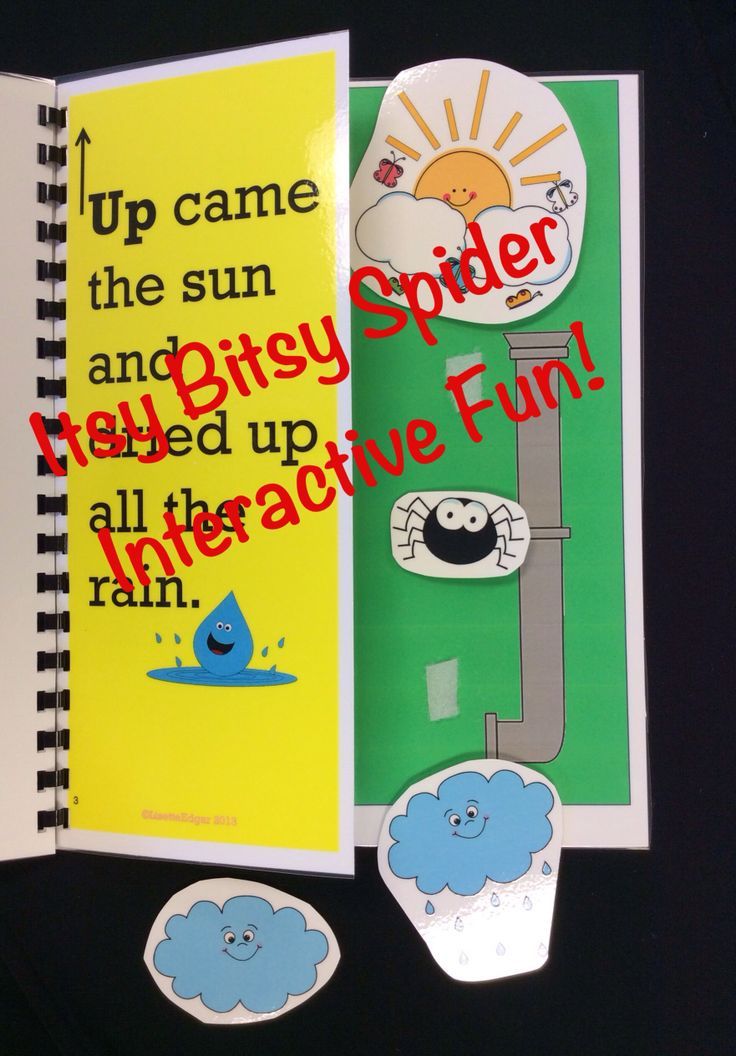 N.N. Poddyakov covers the issues of experimental and play activities of the child in a fundamentally new way, reveals the mechanisms of the preschooler's exploratory behavior, explores the relationship between "clear" and "obscure" knowledge, "near" and "far" horizons of child development.
N.N. Poddyakov covers the issues of experimental and play activities of the child in a fundamentally new way, reveals the mechanisms of the preschooler's exploratory behavior, explores the relationship between "clear" and "obscure" knowledge, "near" and "far" horizons of child development.
3rd revised edition.
Teaching aids - Free textbooks
Poglazova O.T., Popova S.V. Getting ready for school. Guidelines for the manual for preschoolers Together with the fairy tale
Manual for teachers of preschool institutions and parents. - Smolensk: Association XXI century, 2010. - 182 p. Ulashenko N.B. Organization of theatrical activities.
Preparatory group.2009 RAR (JPG)
Zenina Tsenina Conditions for familiarization of
preschool children with natural objects. Vershinin Vasiliev.
Comprehensive diagnostics of program assimilation levels. 9Barrel.
Enrichment and activation of vocabulary.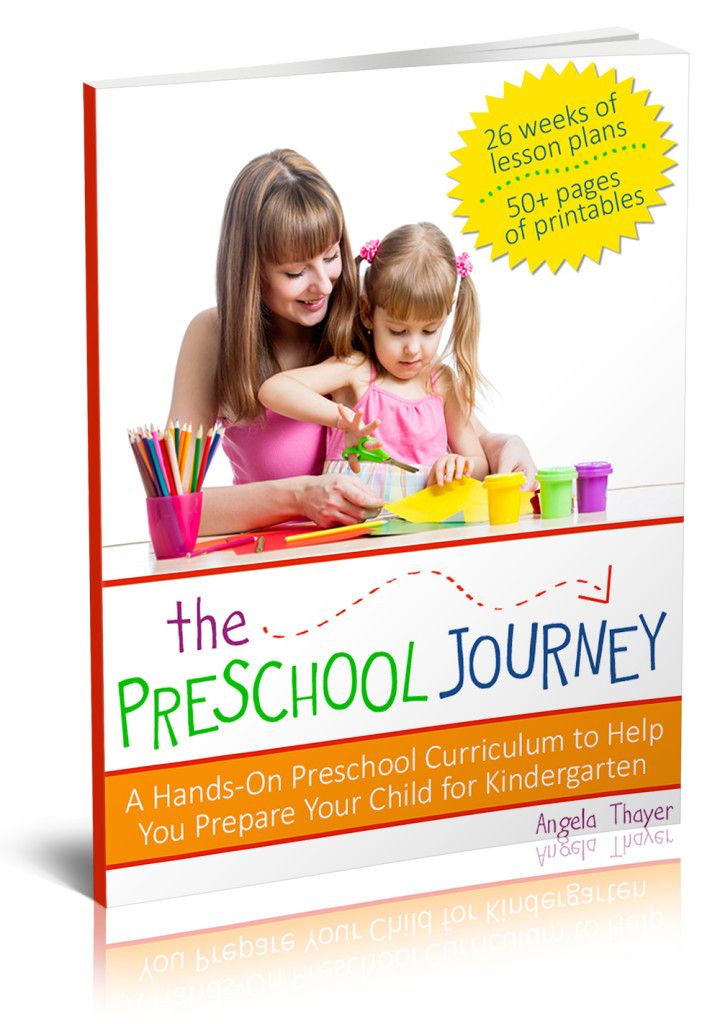
Preparatory group rar
9002
Entertaining materials. Kindergarten,
Preparatory group pdf
Tikhomirova L. F. Development of cognitive abilities of children.
A popular guide for parents and educators.
- Yaroslavl: Academy of Development, 1996. pdf
The book contains games, tasks, exercises that allow you to successfully develop such cognitive processes in children as perception, memory, attention, which is necessary for their preparation for school and further successful learning and intellectual development. 9Paramonova L.A. 0005
Theory and methodology of creative design
in kindergarten, M .: Academy, 2002. - 192 p. djvu
In the manual, in line with the system developed by the author, the psychological and pedagogical foundations for the formation of creative design in children 2-7 years old are characterized; new technologies for teaching designing from various materials (natural, paper, constructors, etc.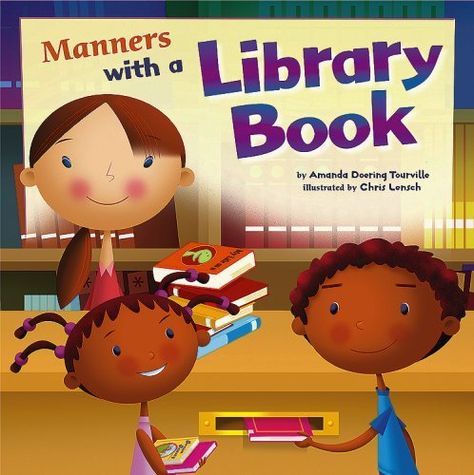 ) are presented. Different forms of organization of this work are shown, foreign experience in the field of children's creative design is highlighted. The book may also be of interest to students of secondary pedagogical educational institutions, preschool teachers, and parents.
) are presented. Different forms of organization of this work are shown, foreign experience in the field of children's creative design is highlighted. The book may also be of interest to students of secondary pedagogical educational institutions, preschool teachers, and parents.
Shvaiko G.S. - Games and game exercises for speech development
(collection of games for speech development), Enlightenment, 1983
DJVU (Yandex.Disk)
LITVINOVA, M. F. Russian folk outdoor games. Psobie for a kindergarten teacher. / M. F. Litvinova; edited by L.V. Russkova. - Moscow: Enlightenment, 1986. - 78, [2] p.
pdf (Yandex.disk)
The collection contains Russian folk outdoor games, as well as their variants. The rules for conducting games, methodological recommendations for the educator on their organization with preschool children are outlined.
The collection consists of four sections: running games, ball games, jumping games, low mobility games.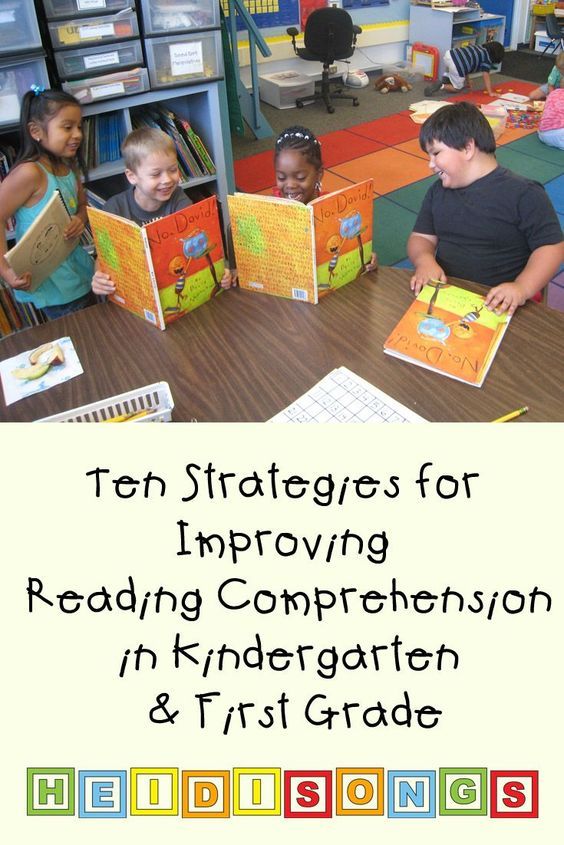 The application contains ancient and modern counting rhymes.
The application contains ancient and modern counting rhymes.
G.F. Martsinkevich. Lesson plans. Teaching literacy to preschool children. pdf (Yandex.disk) 9I.A. 0005
Bykov. Teaching children to read and write in the form of a game "Childhood-Press"
The game methods and outlines of classes proposed in the manual will allow preschool teachers, speech therapists and parents to prepare children for the correct perception of speech sounds and writing. The funny rhymes about letters and games for the development of fine motor skills presented in the book will help them to be better prepared for schooling. Classes can be carried out both individually and with a group of children.
Designed for kindergarten teachers, speech therapists, parents of preschoolers.
doc (Yandex.disk)
Pedagogical speech science. Dictionary-reference book. - Ed. P 24 2nd, corrected.